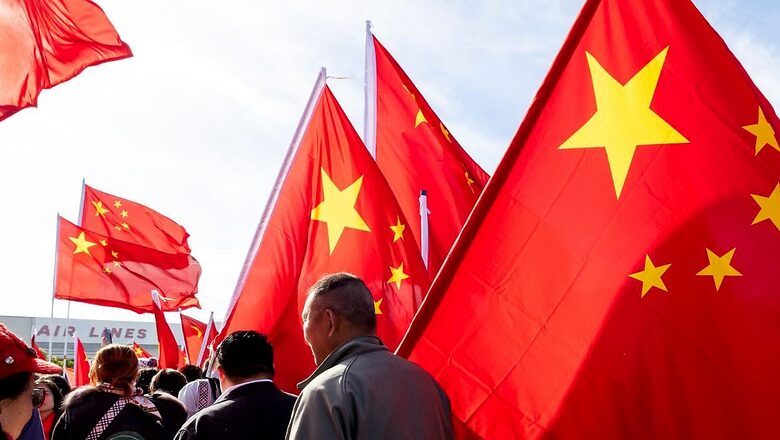
views
UN human rights chief Volker Turk on Monday said China was violating fundamental rights in Xinjiang and Tibet regions and called on Beijing to change course. Turk called on Beijing to implement recommendations made by his office and other human rights bodies “in relation to laws, policies and practices that violate fundamental human rights.
Giving a global update to the UN Human Rights Council (UNHRC) during the 55th session of the council, he also urged the Chinese government to release human rights defenders, lawyers, and others detained under legislation that contravenes international human rights standards. In the northwestern Xinjiang region, China is accused of incarcerating more than a million Uyghurs and other Muslim minorities. However, Beijing rejects the charges.
A report by former human rights chief Michelle Bachelet, released just minutes before her term ended in 2022, cites possible “crimes against humanity” in Xinjiang. The report detailed “credible” evidence of torture, forced medical treatment and sexual or gender-based violence — as well as forced labour. However, it stopped short of labelling Beijing’s actions in Xinjiang a “genocide”.
NOW at #HRC55@UNHumanRights chief @volker_turk presents its global update to the @UN Human Rights Council.Watch here⤵️https://t.co/T6osCiAWlv
— United Nations Human Rights Council | #HRC55 (@UN_HRC) March 4, 2024
55 ongoing crises
Speaking at UNHRC in Geneva, Turk said, “I also call on the Government to implement the recommendations made by my Office and other human rights bodies in relation to laws, policies and practises that violate fundamental rights, including in the Xinjiang and Tibet regions. I am engaging with the Hong Kong authorities on continuing concerns about national security laws.”
In a sobering address today, Turk also underscored the gravity of the world’s crises, stressing the urgent need for peace and stability amid escalating conflicts. Turk underlined the alarming proliferation of conflicts worldwide, with 55 ongoing crises inflicting widespread suffering and upheaval. These conflicts, characterised by flagrant violations of international humanitarian and human rights law, have dire consequences for millions of civilians, triggering mass displacement and humanitarian emergencies of unprecedented magnitude, he said.
Moreover, Turk warned of the interconnected nature of these crises, emphasizing the potential for spillover conflicts to exacerbate regional tensions and global instability. He cited examples such as the Gaza conflict’s reverberating impact across the Middle East and escalating tensions in the Horn of Africa, Sudan, the Sahel, and the Korean Peninsula. He also pointed out that the deteriorating security situation in the Democratic Republic of the Congo’s eastern provinces, along with maritime attacks in the Red Sea and Black Sea.












Comments
0 comment